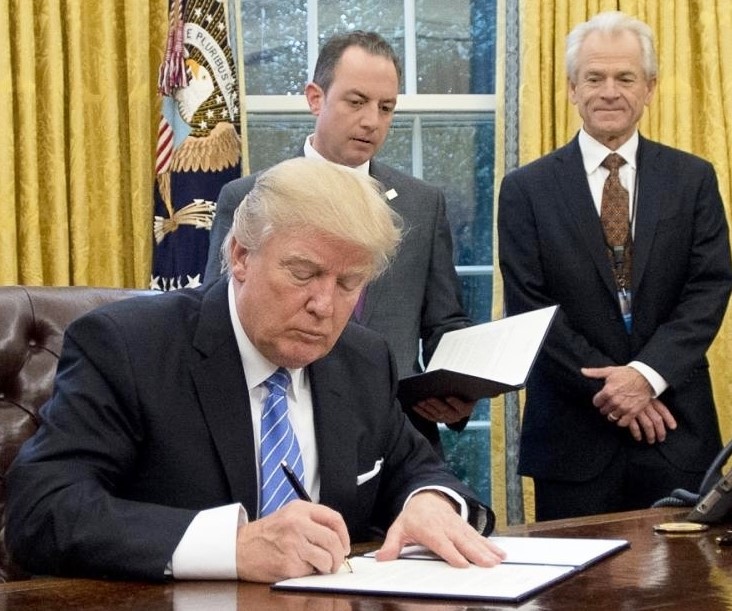


Many Muslims believe the use of tobacco products is forbidden (haram) because “tobacco is unwholesome, and God says in the Qur’an that the Prophet, peace be upon him, ‘enjoins upon them that which is good and pure, and forbids them that which is unwholesome’.” Similarly, the Quran prohibits the use of intoxicants, such as alcohol, and considers such use to be sinful. For these reasons, many Muslim shopkeepers consider it against their religious beliefs to sell alcohol and cigarettes.
The refusal to engage in those vices does not sit well with the leaders in Xinjiang, a region of northwest China. The fact that some Muslims do not smoke is even considered “a form of religious extremism.” According to Adil Sulayman, a local party official in the region, “We have a campaign to weaken religion here and this is part of that campaign.”
As part of the campaign the Chinese authorities have issued an order in the Muslim Uyghur village that “all restaurants and supermarkets in our village should place five different brands of alcohol and cigarettes in their shops before [May 1, 2015].” In addition to directing owners to create “eye-catching displays” to promote the products, the April 29 announcement stated that “anybody who neglects this notice and fails to act will see their shops sealed off, their business suspended, and legal action pursued against them.”
“Our village is the key village—we have to implement the ‘Weaken Religion’ campaign effectively,” says Sulayman, “Religious sentiment is increasing and this is affecting stability.”
The Chinese officials do not hide the fact they want to “weaken religion” by forcing Muslim business owners to violate their conscience or shut down their stores and restaurants. They are clear in their reasons for claiming that business owners do not have a “right of conscience.”
In essence, the Chinese anti-religion authorities take the same position as many of the critics of Religious Freedom Restoration Acts (RFRAs) and the Hobby Lobby decision. As Kevin C. Walsh points out, “this government action in the United States would not only violate RFRA (if engaged in by the federal government) but also the First Amendment (if engaged in by any governmental actor).”*
Walsh adds, “YetHobby Lobbyskeptics mitted to the idea that for-profit entities cannot engage in a (statutorily or constitutionally) protected exercise of religion. Surely a story like this one would cause them to rethink their legal analysis, right?”
Unfortunately, I suspect such skeptics would not rethink their position. Instead, they would likely envy the way the Chinese can be so open about their animus toward religious believers.
But I’ll let them speak for themselves: If you opposed the Hobby Lobby decision would you have a problem with what the Chinese authorities are doing to weaken religion?
*Walsh is a legal scholar so I’m hesitant to disagree. But it was my understanding that in Employment Division v. Smith (aka, Justice Scalia’s worst decision) that, the “neutral” application of the Chinese law would not, prior to the federal RFRA, have violated the First Amendment. As Michael Stokes Paulsen says, “the Court held, the Free Exercise Clause permits governments to enact laws that restrict the exercise of sincere religious conviction. They just can’t be explicit about it. Such laws must be “neutral” on their face—meaning that they apply to non-religious conduct as well as religious conduct. If a law merely has theeffectof preventing or banning the exercise of religion, that is not a constitutional problem under the Free Exercise Clause, according toSmith.”









